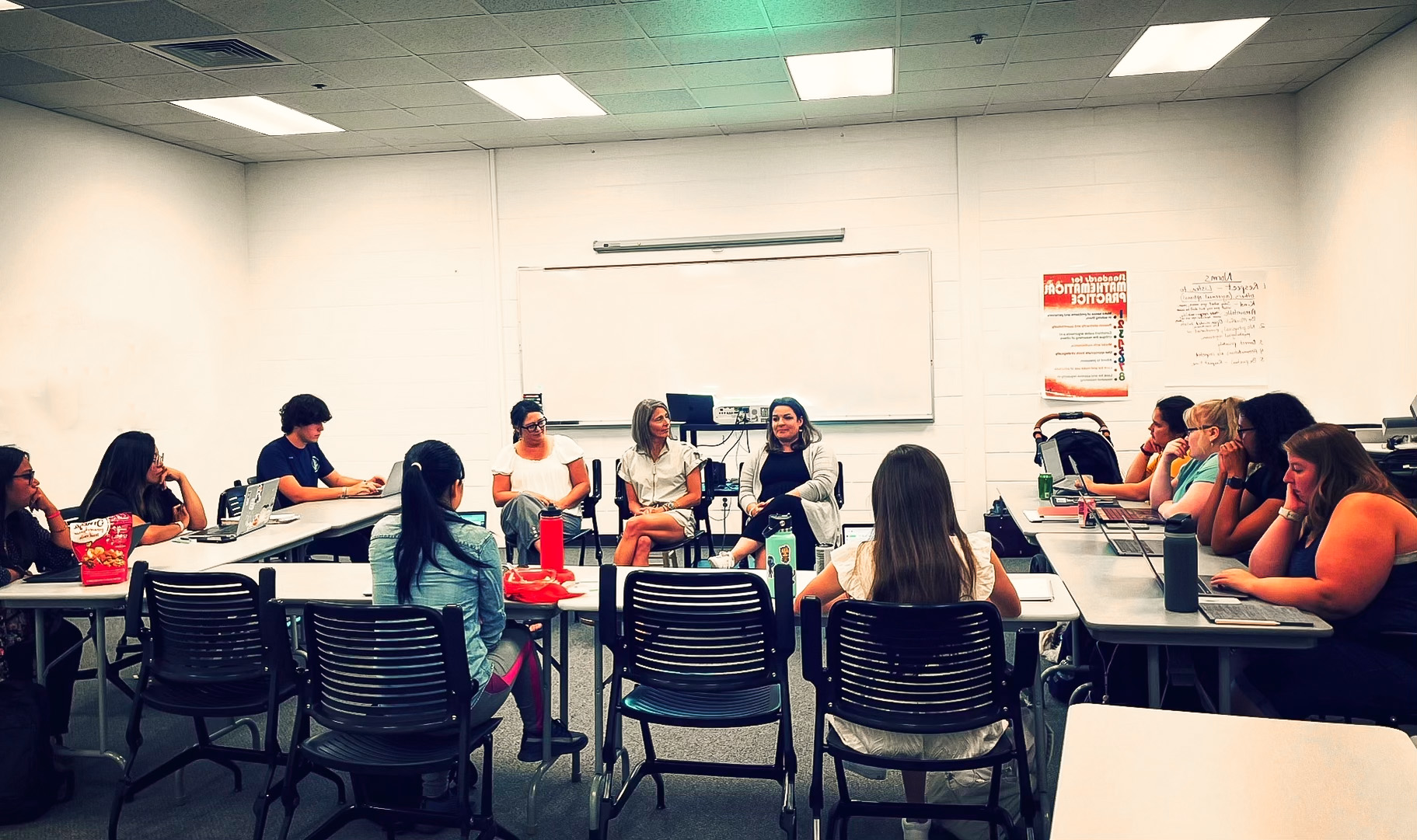
Empowering Special Education: Bridging Opportunities
By Jennifer Ribordy
The commencement of the 2023-2024 school year has marked an eventful, exciting, and productive journey for the Special Education Support Team at Bluum. We are persistently dedicated to initiatives that cultivate relationships and create opportunities on local, statewide, and national levels, all while maintaining a strong focus on enhancing and advancing special education practices within the Idaho Public Charter Schools.
As Bluums Special Education Development Director, I’ll join colleagues from across the nation as a presenter at the 2023 CASE (Council for Special Education Administrators) Conference in Pittsburgh this November, themed “Building Bridges”. We’ll discuss the potential of robust partnerships between traditional school districts and public charter schools to expand opportunities for students with disabilities within the public school system.
Other presenters at the CASE conference include Kaci Coats, Executive Director for the Collaborative for Exceptional Education (CO), Brooke Allen, Executive Director at the Diverse Learners Cooperative (TN), and Sarah Okun, Executive at True Measure Collaborative (WA).
Our team recently prepared for the conference in Denver and received an unexpected invitation to participate in a panel discussion at the University of Northern Colorado’s (UNC) Center for Urban Education. This unique group of presently employed paraprofessionals are all actively contributing to special education programs in urban schools and part of an inaugural program aimed at establishing ‘paraprofessionals-to-teachers-pipeline”.
The UNC Center for Urban Education’s “Growing Our Own for Urban Classrooms: The Paraprofessionals-to-Teachers Pipeline” initiative, backed by a $125,000 grant from the Colorado Department of Education’s Plan Into Action grant program, focuses on recruiting, developing, and retaining a diverse teacher corps throughout Colorado. This program enhances learning outcomes in urban environments, promotes teacher recruitment from underrepresented communities, and offers professional development for inclusive education practices for students with disabilities.
Our panel discussion was productive, addressing the challenges and rewards of special education careers and strategies for improving post-school outcomes for students with disabilities. Connecting with these future educators, despite severe staff shortages, was inspiring.
This experience also shed light on opportunities for Idaho, which faces a substantial shortage of qualified faculty and staff in Special Education. Initiatives like those at the UNC Center for Urban Education offer a promising model for creating our paraprofessional-to-teacher pipeline. It’s vital for all educational stakeholders to enhance support for students with disabilities, starting with efficient and effective pre-service teacher programs, emphasizing ongoing commitment to mastering the craft.
–



